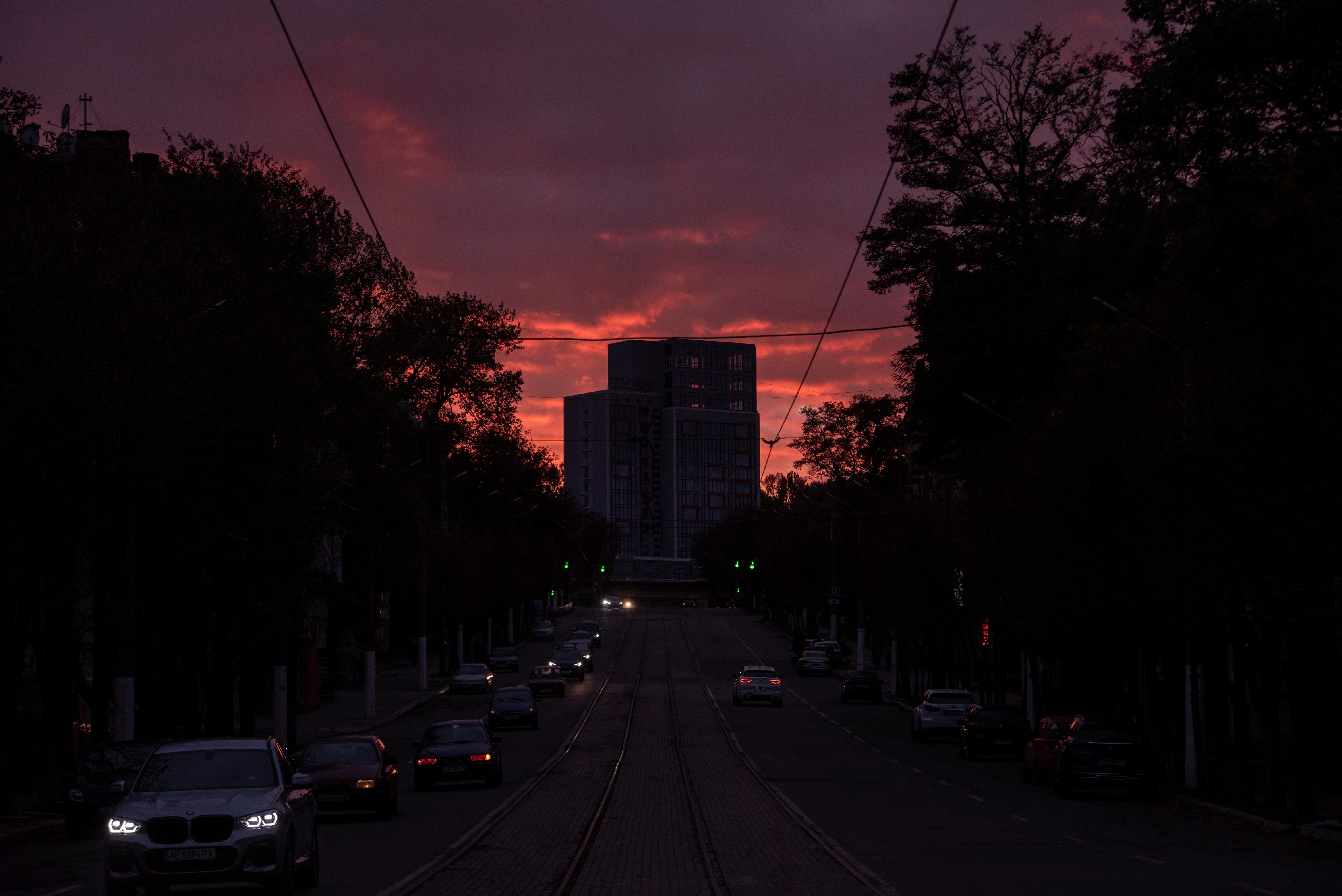40: Up to 40% of Ukraine’s energy infrastructure has been seriously damaged since Russia began its latest bombardment on Oct. 10. The Ukrainian government on Thursday told residents to charge all their appliances ahead of more disruptions to the power grid, which are being felt as far west as Lviv.
3: President Recep Tayyip Erdoğan, in a bid to lower borrowing costs and boost his reelection chances, has slashed Turkey’s benchmark interest rate for the third consecutive month – from 12 to 10.5% – despite record-high inflation. Long opposed to tightening monetary policy, Erdoğan says growth is more important than price stability.
16: The Philippines confirmed Thursday that it's scrapping a deal to buy 16 military helicopters from Russia. It's the first time new Philippine President Ferdinand Marcos Jr. has weighed in on the touchy issue of relations with Moscow, as he tries to thread the needle of getting along with both mighty neighbor China and the US, a treaty ally.
700: A new study reveals that a mutation that helped people survive the Black Death
700 years ago is linked to a series of auto-immune diseases impacting people today, including Crohn’s disease. Researchers believe that the event – which killed as many as 200 million people – shaped human evolution.
